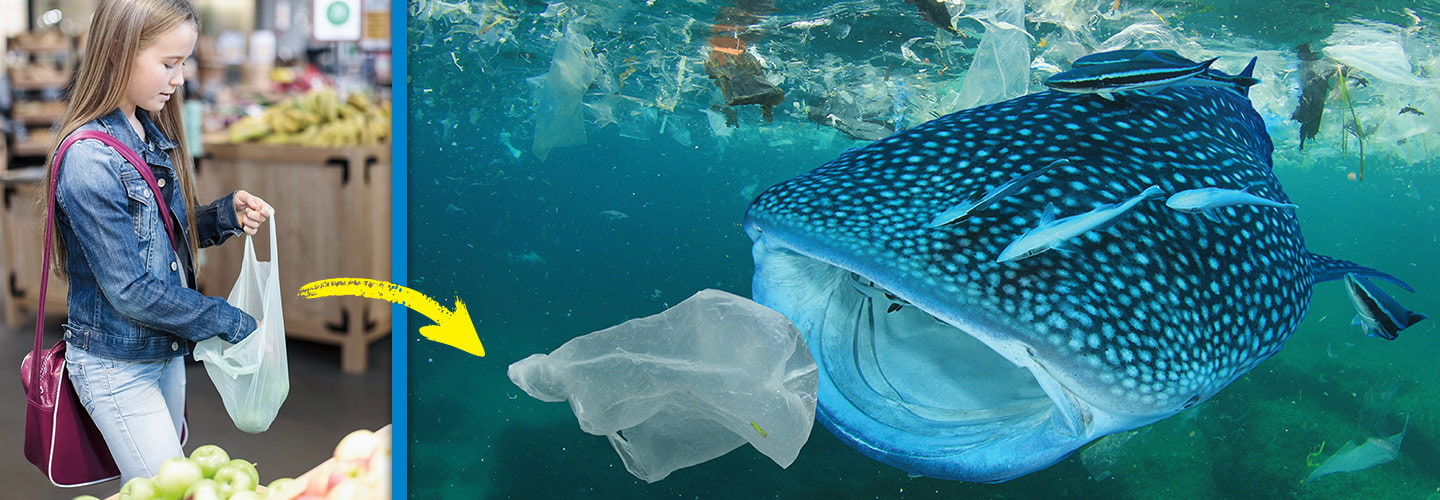Imagine this. Lunch is over and you’re headed to recess. On the way, you toss your empty water bottle into a recycling bin. You’re keeping plastic from hurting the environment, right?
Maybe not. In fact, a recent report might shock you. The report says only 5 to 6 percent of plastic waste in the U.S. was recycled in 2021.
Recycling plastic is difficult and expensive. It’s often cheaper to send plastic trash to landfills. There the plastic could take hundreds of years to decompose.
Thankfully, many people are working to solve recycling problems.
Imagine this. Lunch is over. You’re headed to recess. On the way, you toss your empty water bottle into a recycling bin. You’re keeping plastic from hurting the environment, right?
Maybe not. In fact, a recent report might shock you. The report says only 5 percent to 6 percent of plastic waste in the U.S. was recycled in 2021.
Recycling plastic is difficult. It’s also expensive. It’s often cheaper to send plastic trash to landfills. There the plastic could take hundreds of years to decompose.
Thankfully, many people are working to solve recycling problems.

